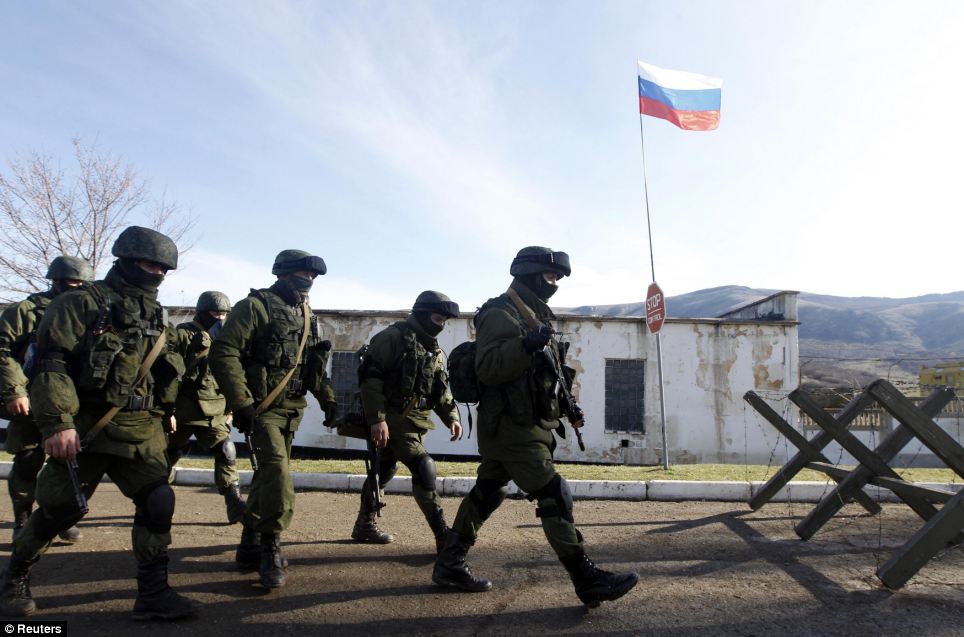Tense security reports had been trickling in for months that Russia’s autocrat President, Vladimir Putin, was growing alarmingly restless about Ukraine’s affinity to the West. As early as November 2021, NATO Secretary-General Jens Stoltenberg warned Russia of “costs” if long-standing peace on the European continent was disturbed.
The talk surrounding this conflict, which took its full form on February 24, has often hinged around economic terms like ‘costs’. That’s no surprise since the coming of war in any part of the world induces sudden and potentially deep bruises on economies. After a draining pandemic, world leaders and economic institutions have been flurrying to balance tough economic war efforts and save national economies from being hurt.
Joseph Borrell, the foreign affairs chief of the European Union, heralded on the eve of Russia’s march towards Kyiv that the bloc would impose the strictest economic sanctions it ever has against Russia. It was clear, that economic sanctions–actions by countries to hurt the economic interests of belligerent countries–would be the prime bargaining token against Putin. Though, critics have always pointed out that sanctions also hurt the economies of countries imposing them–sometimes considerably more. In our hyperconnected and intricately interdependent world, the ‘hurt’ brought on by sanctions is felt across regions and borders. How has this Catch-22 impacted lives?
First, let’s put Russia’s place in the world economy into perspective. The largest country on Earth also harbours the largest natural gas reserves in the world, second largest coal reserves and eighth-largest oil reserves. According to OECD data, trade counts for more than 25% of Russia’s nominal GDP and energy accounts for half of that trade. In short, the world is heavily dependent on Russian energy to fuel its economy.
This is why European leaders like German Economy Minister Robert Habeck have resisted sanctions on Russian energy. Other sanctions have already caused a “big impact” on all sectors of the German economy, he said. Despite the German caution, U.S. Secretary of State Antony Blinken’s February 6 announcement that embargoes on Russian oil were being considered drove up oil prices to historic highs.
Crude oil is crucial. We not only use its products in our private cars and homes, but almost all other goods need it as production fuel. Each good also needs transportation. This means that as oil prices skyrocket, prices for almost everything also rise. Indian Finance Minister, Nirmala Sitharaman has expressed her concerns that such flaring oil prices could impact the provisions in the Union Budget presented last month.
In the short term, consumers have largely been sheltered from rising prices. Domestic prices for oil have remained unchanged. Though, worries about the long-term effect of the conflict on India’s growth are abounding with some economists projecting a growth rate of less than 8% in FY23. Jayanth R Varma, Economist and member of India’s Monetary Policy Committee, has also called attention to inflation rates in light of the unpredictable conflict.
Key industries in India also depend upon trading goods with Russia and Ukraine. In the last financial year, Bilateral imports and exports between India and Russia amounted to $9.4 Billion and with Ukraine, to $2.3 Billion. A slowdown in trade with the affected States due to sanctions has increased the domestic prices of automobile components, pharmaceuticals, engineering goods, agricultural products, and telecom equipment since the outbreak of the war. The exclusion of Russia from SWIFT, a system used by most major international banks to coordinate cross-border transactions, has also led to insecurity for Indian exporters about the $400 million currently stuck in the system. The uncertainty of Putin’s next moves and the subsequent retaliation by Western powers has also spooked the financial markets with value of the Rupee plunging to historic lows.
The bridle that economists and leaders have been trying to put on a frenzying economy after a devastating pandemic has been greatly disrupted by the unpredictability of the war. While Ukrainians face the military might and imperialist dreams of Vladimir Putin, officials at home now have the task to control inflation, secure alternative routes to trading while walking a diplomatic tightrope and hope for a soothed financial market.
Rutuparna Deshpande is a second-year student of Politics, Philosophy and Economics at Ashoka University.
Picture Credits: Reuters
We publish all articles under a Creative Commons Attribution-Noderivatives license. This means any news organisation, blog, website, newspaper or newsletter can republish our pieces for free, provided they attribute the original source (OpenAxis).

